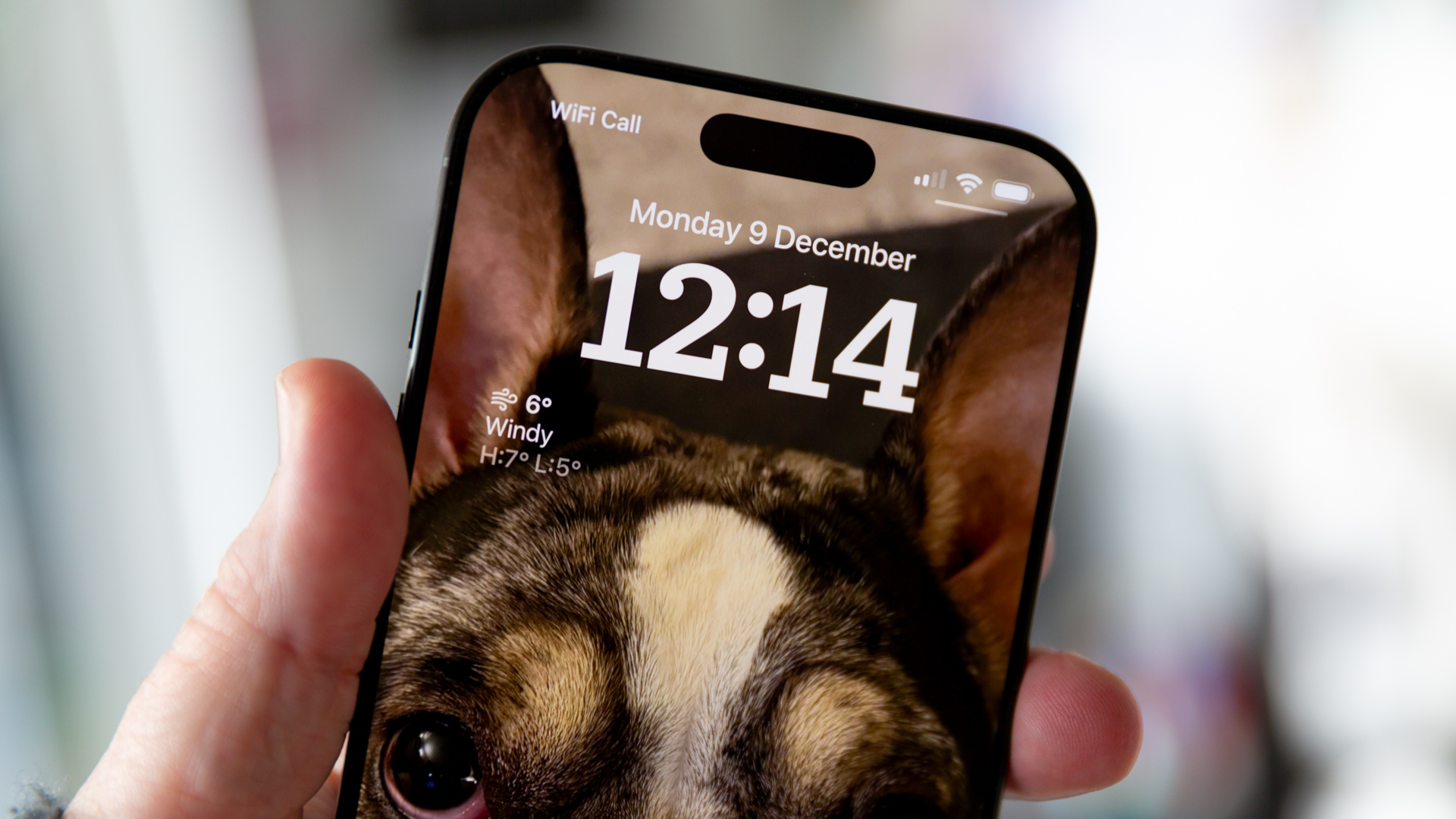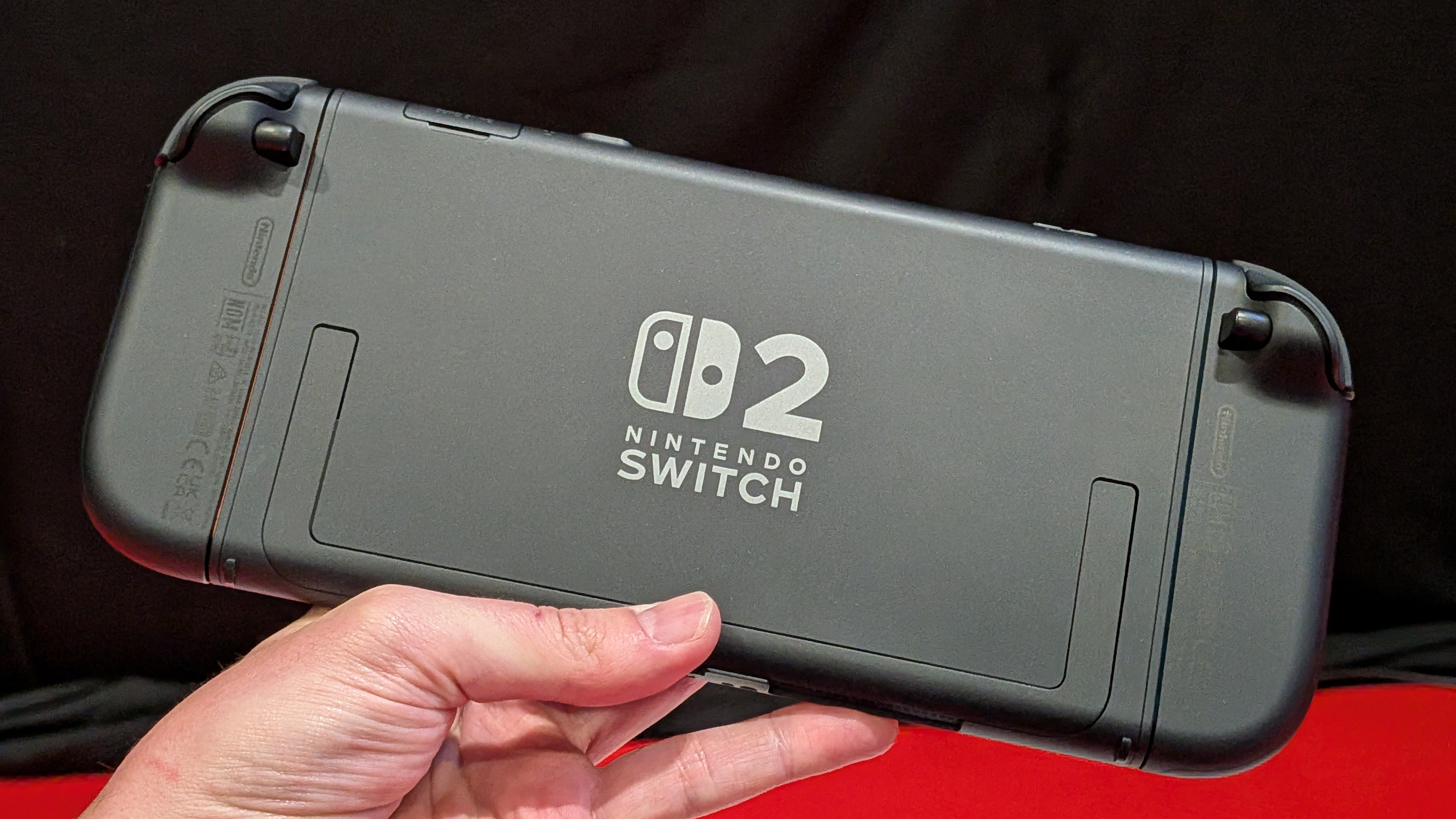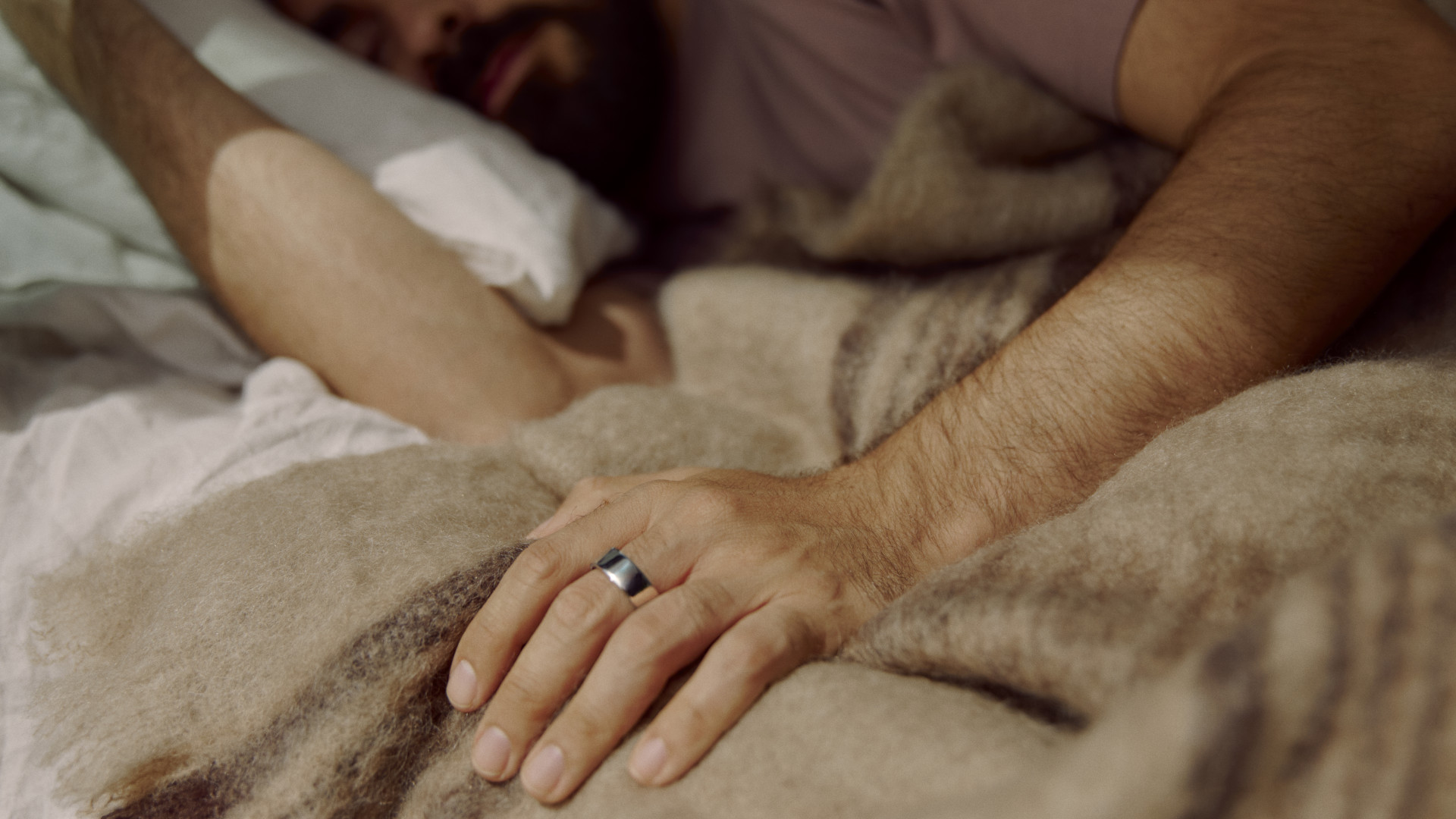

This week (4th - 8th November) is International Stress Awareness Week, an annual event that’s dedicated to stress management and combating the stigma of stress and mental health. Stress can have a negative impact on your sleep, productivity and overall wellbeing, so being able to manage it effectively is very important.
To find out more about managing stress, I spoke to Sofia Strömmer, PhD, Behavioural Scientist at Oura. Oura is well known for its collection of the best smart rings that track, monitor and deliver personalised data on your health, fitness and sleep. As part of International Stress Awareness Week, Oura has been looking into the negative association between elevated stress and poor sleep quality.
Oura experts found that “when we experience stress, our body produces cortisol and adrenaline – hormones that can disrupt our normal circadian rhythm,” says Strömmer. “Stress is linked to sleep disruptions, including nightmares, insomnia and frequent wakeups, so to improve sleep, it's essential to address the problem at the source and learn effective stress management techniques.”
Speaking of which, Strömmer has detailed 4 tips for managing stress and she explains why not all stress is bad stress.
1. Practice breathing exercises and meditation
Heightened levels of stress can leave you feeling overwhelmed and can even cause your body to go into shutdown mode, so practising breathing exercises and meditation can help physiologically release stress and tension in the body. Strömmer recommends diaphragmatic and paced breathing, as they can “help you shift out of the aroused fight-or-flight mode and into a calm, rest-and-digest state, which is why leveraging the connection between respiration and the autonomic nervous system is so beneficial before sleeping.”
Strömmer also enjoys following guided meditations as part of her bedtime routine to quieten the mind and allow the brain to enter a relaxed state. Alongside its fitness tracking features, the Oura App has a range of meditation content, and offers immediate biofeedback to show how your body responded and how well you slept following the session.

2. Take a nap
Who doesn’t love a nap?! Well, you might love napping even more now considering it’s a great way to help reduce stress. “When you’re sleep-deprived, cortisol and adrenaline spike, which can make you feel anxious and stressed,” says Strömmer. “A short nap can help reset your energy levels and lower those stress hormones, allowing you to feel more refreshed and balanced.” When napping, it’s important to get the timing right, so Strömmer suggests setting a timer for a 10-30 minute nap – see how to have the perfect nap for more details.
Sign up to the T3 newsletter for smarter living straight to your inbox
Get all the latest news, reviews, deals and buying guides on gorgeous tech, home and active products from the T3 experts
3. Exercise – bonus points if you do it outside!
Exercising is a great way to reduce stress as it “releases endorphins and other feel-good molecules that enhance our mood and combat stress. Beyond just the chemical response, exercise also offers a natural outlet for pent-up energy and tension,” says Strömmer. Exercising or simply spending time outdoors can also be highly beneficial for reducing stress, as you get a hit of fresh air and natural daylight which can lower cortisol levels and boost your mood.
Just like napping, it’s important to get the timing right when you exercise. Exercising too close to bedtime can disrupt your sleep as you elevate your core body temperature, which makes it harder to calm down and fall asleep. It’s recommended to avoid intense exercise four hours before bedtime – see does exercising help or hurt your sleep for more.
4. Fuel your body
Finally, Strömmer emphasises the importance of considering how you fuel your body during times of stress. Rather than turning to quick and easy fast food or ready meals, these options can exacerbate stress, as “they cause rapid blood sugar spikes and crashes, which can affect cortisol levels and increase feelings of stress.”
Instead, look towards whole foods, like meat, fish, vegetables and brown rice, while avoiding caffeine and alcohol. These types of foods won’t cause dramatic spikes in insulin and cutting out caffeine after 2pm ensures it’s cleared from your system before bed so you get a restful night’s sleep.
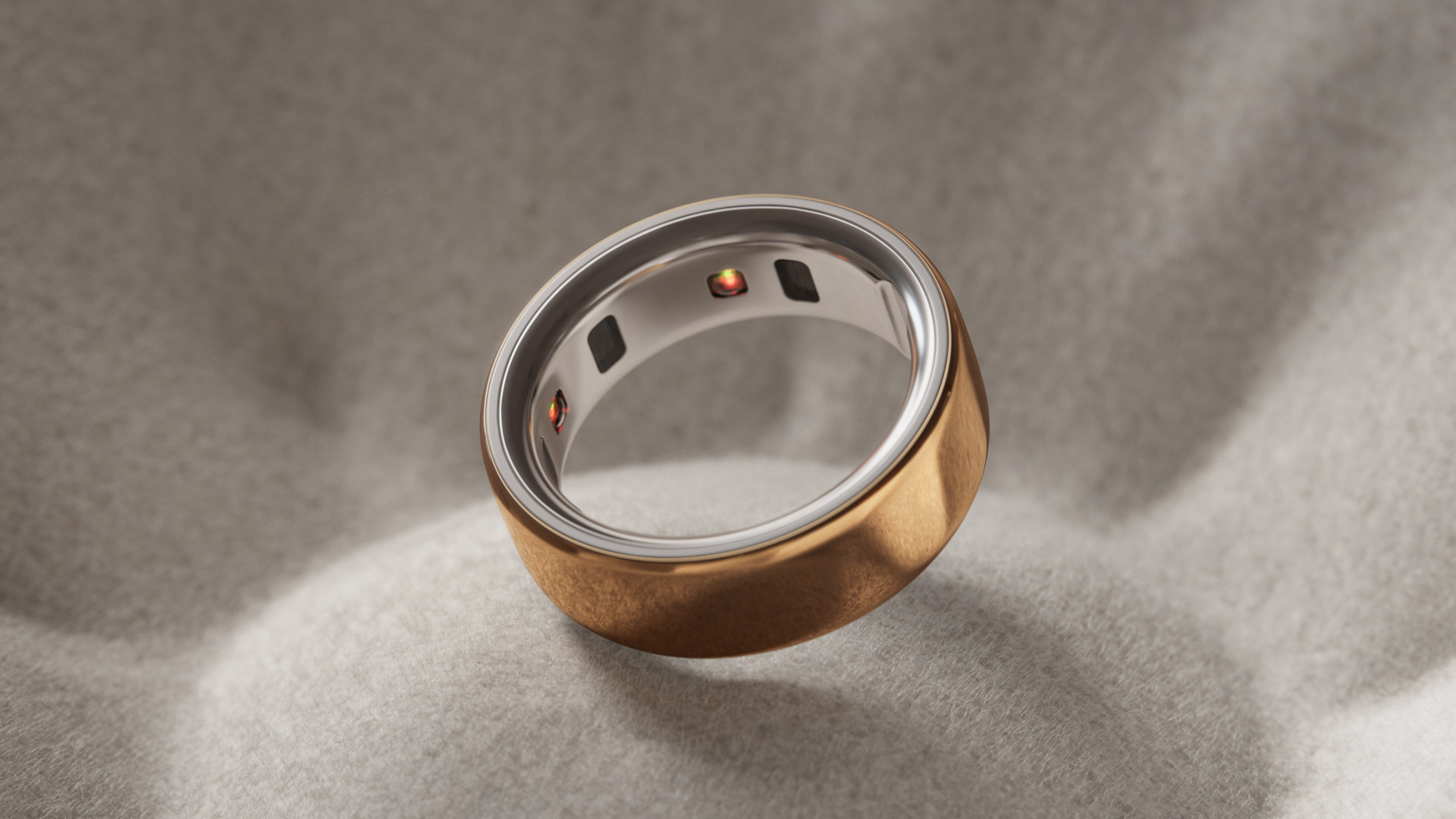
Is all stress bad?
As someone who regularly experiences stress and anxiety, I was surprised to find out that not all stress is bad. According to Strömmer, not all stress is negative, and it’s important to pay attention to how small amounts of stress can positively impact us long-term.
For example, “hormetic stress, such as exercise, hitting the sauna or taking a cold plunge, is perceived as stressful by our body but improves our resilience in the long-term. When understood and managed well, stress can in fact drive personal growth, enhancing productivity and resilience,” says Strömmer. Building this resilience can help the body bounce back more effectively from stressful situations.
As Strömmer explains, the Oura Ring measures daily stress and resilience through biometrics, like heart rate variability and body temperature. By collecting this data, Oura Ring provides the opportunity to follow stress patterns overtime and measure the impact objectively against various activities throughout the day – see our Oura Ring Gen 4 review for more details.
About Oura:
Oura is a Finnish health technology company, best known for its collection of smart rings. Its Oura Ring monitors sleep, stress and activity levels, and other health factors, including heart health.

Beth is Home Editor for T3, looking after style, living and wellness. From the comfiest mattresses to strange things you can cook in an air fryer, Beth covers sleep, yoga, smart home, coffee machines, watches, grooming tools, fragrances, gardening and much more. If it's something that goes in your house, chances are Beth knows about it and has the latest reviews and recommendations! She's also in the know about the latest deals and discount codes from top brands and retailers.
Having always been passionate about writing, she’s written for websites, newspapers and magazines on a variety of topics, from jewellery and culture, to food and telecoms. You can find her work across numerous sites, including Wedding Ideas Magazine, Health & Wellbeing, The Bristol Post, Fashion & Style Directory, TechRadar, CreativeBloq and more. In her spare time, Beth enjoys running, reading, baking and attempting craft projects that will probably end in disaster!
-
 I spent 6 weeks with the FoodMarble Aire 2: here’s what I learned about my gut health
I spent 6 weeks with the FoodMarble Aire 2: here’s what I learned about my gut healthI’ve been testing the clever breath-testing gadget with the companion app over several weeks to find out if it delivers on its promises
By Lee Bell Published
-
 Oil pulling is going viral on TikTok for stopping morning breath – but does it actually work?
Oil pulling is going viral on TikTok for stopping morning breath – but does it actually work?4 hacks that prevent morning breath, according to a sleep expert
By Bethan Girdler-Maslen Published
-
 These limited edition McLaren x Loop earplugs are what you need for Formula 1 season
These limited edition McLaren x Loop earplugs are what you need for Formula 1 seasonMcLaren teams up with Loop on limited edition noise-reducing earplugs
By Bethan Girdler-Maslen Published
-
 5 sleep supplements that help me achieve 8+ hours of rest every night
5 sleep supplements that help me achieve 8+ hours of rest every nightIt took me years to perfect my sleep routine – here are the supplements that helped
By Lizzie Wilmot Published
-
 3 reasons why you wake up at 3am every night – and how to avoid it
3 reasons why you wake up at 3am every night – and how to avoid itAlways waking up in the middle of the night? This could be why…
By Bethan Girdler-Maslen Published
-
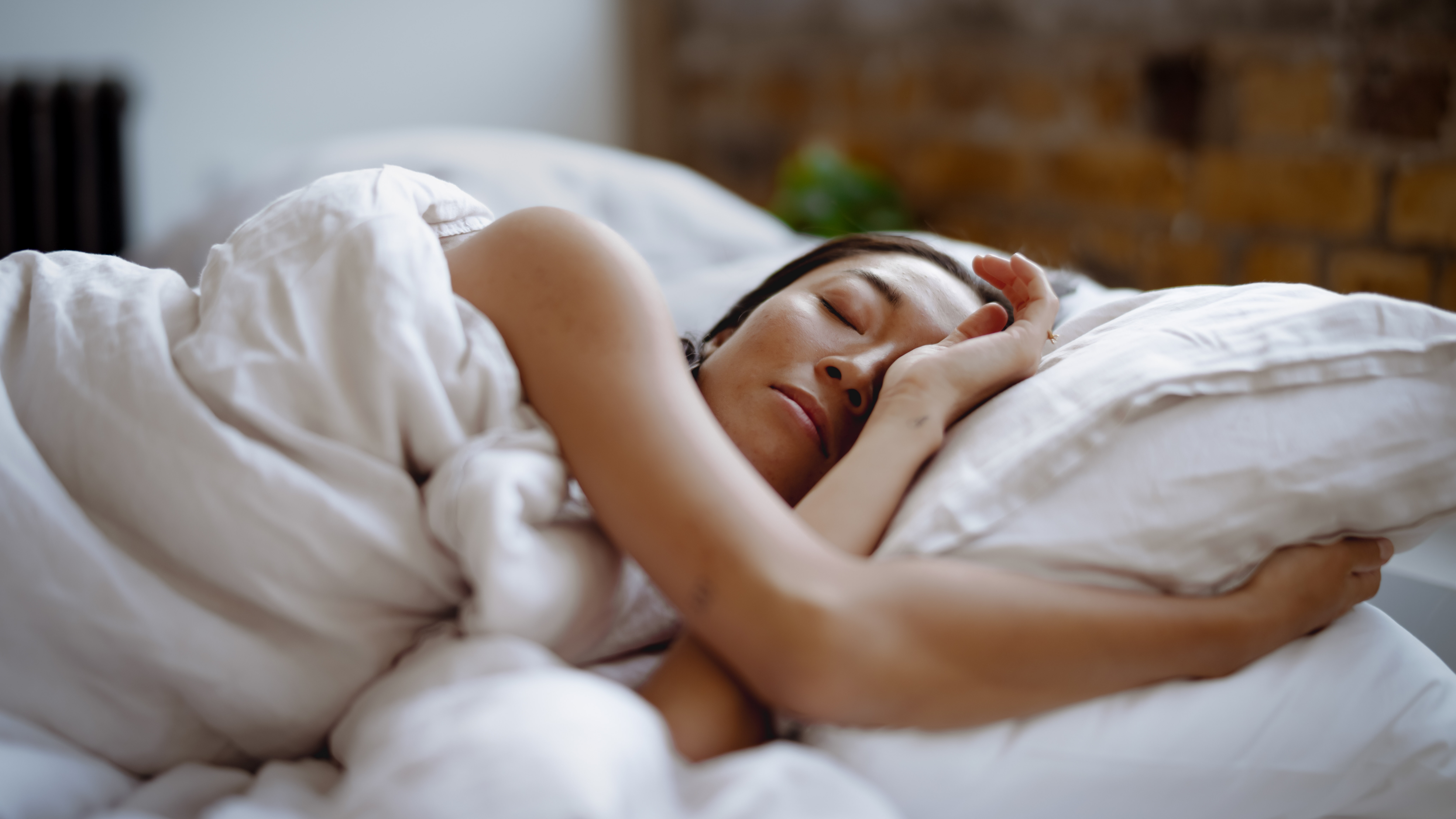 This tiny device will automatically disable your distracting apps before you sleep
This tiny device will automatically disable your distracting apps before you sleepSay hello to Kip...
By Lizzie Wilmot Last updated
-
 Therabody experts give 7 tips for perfecting your sleep routine for World Sleep Day
Therabody experts give 7 tips for perfecting your sleep routine for World Sleep DayFrom breathing exercises to sleep masks, here’s how to prioritise sleep, according to experts
By Bethan Girdler-Maslen Published
-
 Loop Dream review: super soft earplugs to help you snooze soundly, even if you’re a side sleeper
Loop Dream review: super soft earplugs to help you snooze soundly, even if you’re a side sleeperSquishy silicone and uniquely shaped ear tips take Loop’s nighttime earplugs to dreamy heights
By Joanna Ebsworth Published
